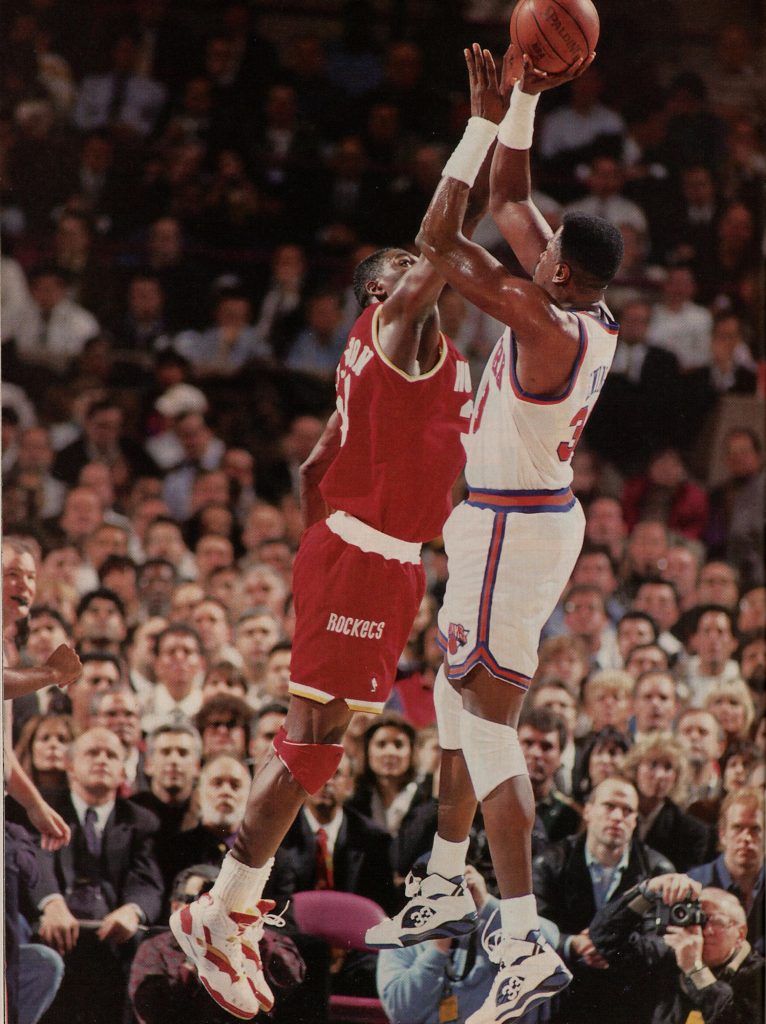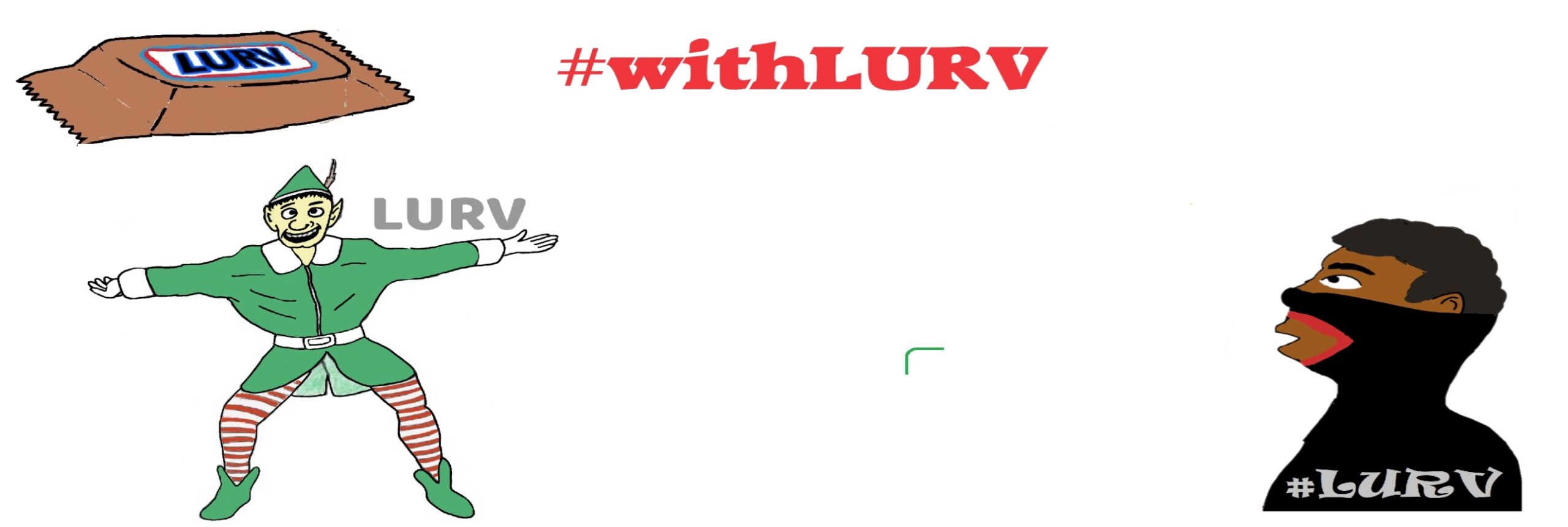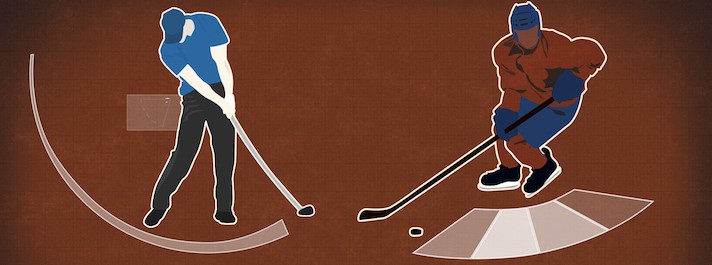Olajuwon has advanced to the NBA Finals once in his 10-year career. That was in 1986, his second season in the league, when the Rockets lost to the Boston Celtics, four games to two.
Ewing has never made a Finals appearance. The closest he’s gotten was last year when the Knicks fell to the Chicago Bulls in six games in the Eastern Conference Finals.

The prospects of the two noble big men meeting for the championship is intriguing… If Olajuwon and Ewing again come up empty this season, and if their careers should end without a ring, what then? “It’ll hurt,” says Ewing, “but that’s not the way a player should be defined. There are many great players who haven’t won a championship. They’re still great players.”
Says Olajuwon: “After losing the Finals in 1986, I said, ‘Next time I go, we win.’ And I meant it.”
—Sport magazine, by Rick Weinberg, May 1994.
Notice the difference between the mindsets of Ewing and Olajuwon in that article. Maybe Hakeem was more motivated because he’d lost in the Finals so early as a professional basketball player. Perhaps Ewing just didn’t realize how precious it was to reach that level, only to fall short. He was about to find out.
The Sport magazine writer was prescient, as Patrick Ewing and the Knicks lost to Olajuwon’s Rockets that year of 1994. Houston and Hakeem went on to beat Shaquille O’Neal and the Orlando Magic the following year. Olajuwon’s dominance of Ewing and Shaq in those head-to-heads led most basketball fans to label “the Dream” as a top-three center of all time.
An NBA frontcourt player named Marreese Speights, who played off the bench during the Golden State Warriors’ 2014-15 title run, was heard criticizing his next team in L.A.: “They’ve been doing it here for four or five years and it hasn’t been working,” he said of the Clippers culture. “So it’s time to try something new.” Note the use of “they”. Speights felt that his part in the Warriors Finals win meant he was set apart. Note that Speights was nobody’s idea of a star during his career. Not on the court, at least.
Was and is Speights correct to believe that being on a title-winning roster could change perception to that level? Doesn’t playing on a championship team mean that you are “a winner” in the sports fanatic worldview?
Some people argue that rings don’t necessarily equal greatness (“Robert Horry has rings!”). But the fact is that the label of champion does matter in these discussions.


